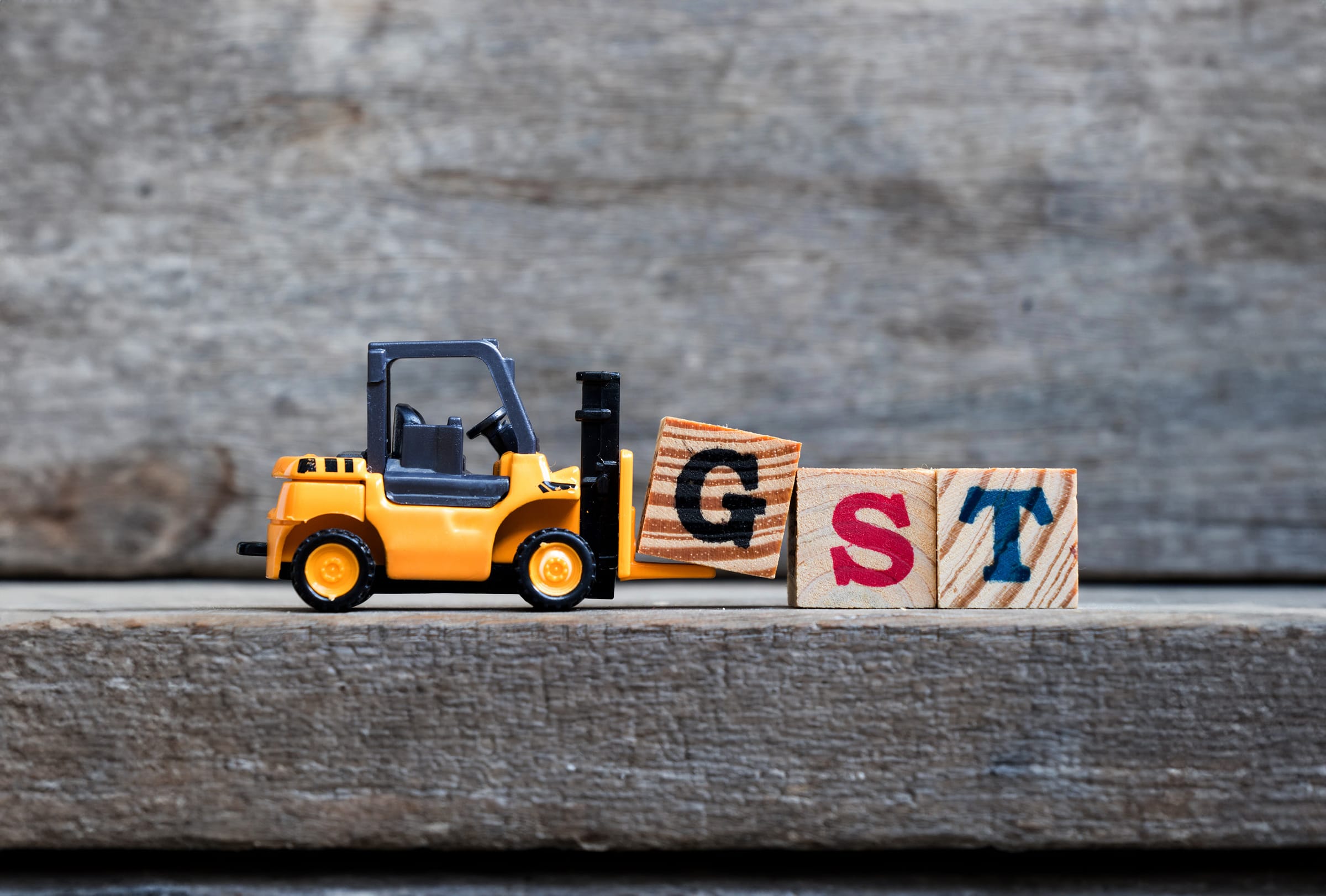Conventional knowledge suggests that economic crises are not the best time to increase taxes. After all, they tend to add to the burdens already faced by the economy at a time when it should be lifted.
So, why is Singapore pressing with the GST increase to 9% by 2024? Firstly, because it needs to and secondly, because it can, due to the way its application of the GST works.It needs to because the underlying reason for the increase - namely growing costs of public benefits (chiefly healthcare) are still going up, while the number of children relative to the population is going down.This means that current generations produce fewer offspring to both take care of them once they grow old as well as pay into the common budget.So, if you're not willing to have kids who would pay, you have to pay a bit extra yourself.
Most importantly, however, Singapore CAN increase the GST because of its dampened impact on the most vulnerable in the society.I've done some calculations using government data re: various support schemes that are meant to offset GST and it turns out that not only is the tax highly progressive (with some of the poorest effectively paying close to none on all of their purchases) but the increase itself is as well.This means that despite ultimately increasing by 2 percentage points, the tax will - in real terms - increase only by a fraction of a percent for the poorest Singaporeans, 1-1.5% for the broad middle group and full 2% only for the wealthiest residents.
GST is a de facto a progressive tax on consumption by the wealthy - with 20% of the richest + foreigners paying a whopping 60% of the tax' total.In other words, by raising the tax Singaporean government is actually conducting a transfer of money from the wealthiest in the country, to help everyone - being, as a result, able to prop up the economy and hand out more supportive measures during the crisis, without having to take on debt (which it can't do).So, if you hear someone complaining do remind them that they stand to benefit more than they will be asked to pay.
EDIT: I believe I should clarify that the calculations I present here were done EXCLUDING the temporary measures enacted by the government to offset GST increases under the S$6.6 billion Assurance Package.These are the effective rates only after the PERMANENT ones incl. the increase in claimable GST Voucher and SCC/USAVE rebates. It does not even include the Medisave for the elderly (which reduces the effective GST for pensioners).I've done this in the interest of complete transparency, showing the fundamental effective rates without temporary reliefs, which will further ease the impact of GST hike in the first few years.So, for the time being, there will be no impact on the poorest in SG.Most household will receive at least a 5 year tax relief thanks to temporary cash payouts, with the poorest effectively spared the increase for 10 years.





